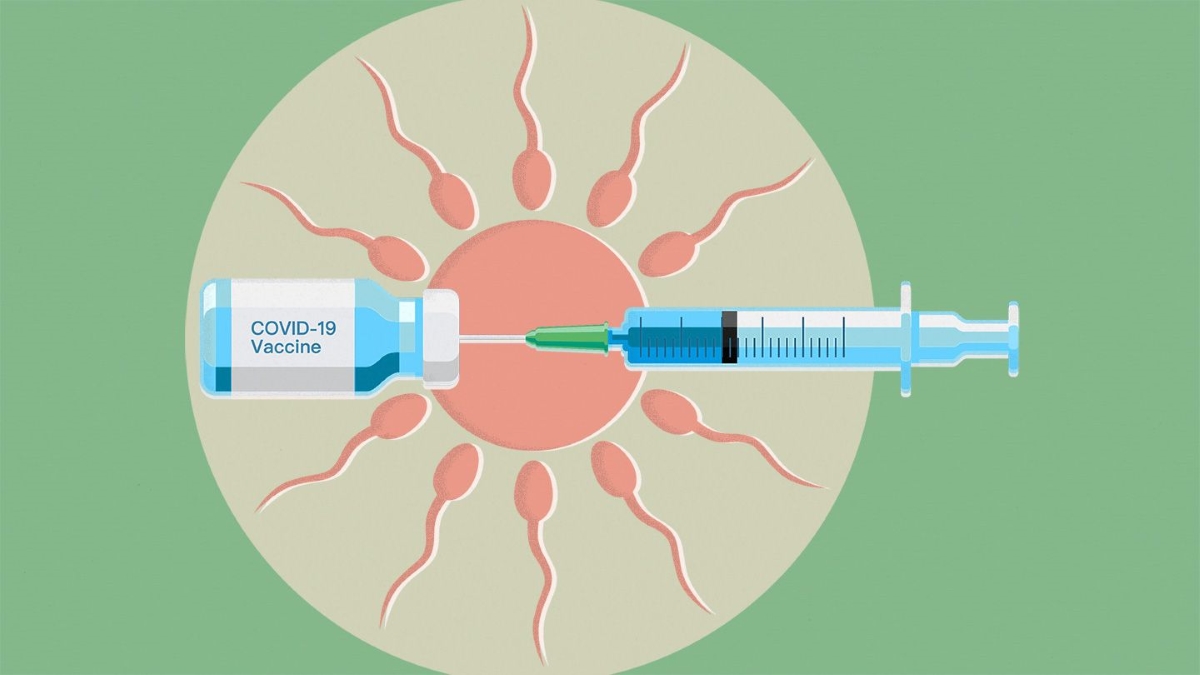The surging consumption of fast foods in Kashmir is exhibiting itself by massive overload on doctors and hospitals, reports Syed Batool Andrabi

Fast food is often dismissed as a subpar dietary choice in conversations about nutrition, but studies and experts reveal a troubling presence of unhealthy ingredients in its composition. Processed preservatives, additives, excessive sugar, salt, saturated and trans fats, along with an array of other hazardous elements, dominate the makeup of this prevalent and ‘cost-effective’ food option. To enhance its appeal and taste, fast food is frequently infused with flavourings and dyes. However, the consequences of indulging in fast food extend far beyond momentary satisfaction, potentially resulting in negative impacts both in the short and long term.
“Studies show that fast food can elevate the symptoms of depression and anxiety, while a diet rich in leafy greens, nuts, and fish is associated with a positive mood, and the reverse is true for fast food consumption,” clinical psychologist, Sadia Khan said.
The impact of fast food on memory, learning abilities, and overall health is profound, increasing the risk of neurodegenerative diseases and escalating the threat of heart disease and obesity due to the calorie-rich nature of these meals. Even mental health is not spared from the consequences of fast food overindulgence.
Khan emphasises that emotional distress, particularly among adolescents, is linked to unhealthy eating patterns. When combined with sugar-sweetened beverages, fast food intensifies these negative impacts on mental health. The detrimental impacts of fast food consumption are becoming increasingly apparent in society, contributing to rising obesity rates and the worsening of chronic health disorders.
Addressing the Epidemic
Discussing the role of food in causing and preventing diseases, Javaid Ahmed Bhat, the Head of the Department of Endocrinology at GMC Handwara, acknowledges the global prevalence of fast food consumption due to its quick and convenient nature in urban living. “Changes in our diet and activity levels in evolving societies are connected to social and demographic changes,” Bhat said. Research indicates that poor nutritional value, excessive salt, and high levels of unhealthy fats in fast food contribute to health issues such as high cholesterol, diabetes, obesity, and heart disease.

Dr Bhat, who has been treating patients since 2017, notes a significant portion of patients fighting obesity, particularly among the younger generation. In a study conducted at SKIMS, the prevalence of obesity in children up to 15 years is around 10 to 11 per cent, higher than the national average. This rise in obesity is undoubtedly linked to environmental factors, particularly dietary habits, with fast food consumption being a major contributing factor. Obesity has profound effects on both physical and mental well-being, often leading to insulin resistance and the development of diseases like diabetes.
Dr Bhat emphasised that fast food consumption, now a cultural norm, is strongly linked to obesity, acting as a fundamental cause. Obesity, in turn, becomes a precursor to various ailments such as hypertension, cardiovascular diseases, joint problems like arthritis and osteoporosis, obstructive sleep apnea, and, in severe cases, life-threatening conditions. Additionally, obesity can limit mobility and contribute to bone deterioration.
“As an endocrinologist, I recommend regular exercise, reducing the high-carb intake prevalent in fast food, minimising oil consumption, and maintaining a balanced diet,” Dr Bhat pointed out. Unfortunately, school and college students are particularly affected. To address this issue, parents and school authorities can play a crucial role by regulating the availability of these foods at the individual level. “It’s essential to create awareness among children about the harmful effects of such foods and encourage a shift to healthier dietary options”, Dr Bhat cautioned.
A Dietitian’s Perspective
Dietitian Suraya, a consultant dietician at Ramzaan Hospital, Gogji Bagh, Srinagar, notes a significant rise in the consumption of fast food in recent years, particularly among young children and adolescents. These visually appealing but nutritionally harmful foods often contain detrimental ingredients such as MSG and sodium nitrate, contributing to various health issues, including obesity, PCOS, diabetes, and depression.

“In the current scenario, parents caught up in their busy lives, may not be paying sufficient attention to their children’s dietary choices. It is important for them to be mindful of what their children are consuming, as it directly impacts their health,” Suraya explains. Young mothers, with a proactive approach, can transform traditionally mundane healthy foods into more enticing options – prepare milkshakes, offer fresh juices, and explore other creative ways to ensure their children’s nutritional needs.
“Responsibility extends beyond individual households to the broader society. There is a collective obligation to reduce the availability of such unhealthy foods in markets and schools, safeguarding our children from hazardous dietary patterns.”
“This has become a trend now,” admits psychiatrist Dr Yuman Kawoos, who serves at the Institute of Mental Health and Neurosciences Kashmir. “There was less availability of fast food in Kashmir in past years, but now it has become very common.” She asserted the younger children are at risk. “We observe issues like the onset of obesity, diabetes, and PCOS in young females. These illnesses not only lead to physical problems but also contribute to mental health issues.”
Student Voices
Right after eating fast food, effects surface swiftly. Experts note a sharp rise in blood sugar due to added sugars and refined carbs, causing an abnormal insulin response, leading to fatigue and increased appetite. Elevated salt content raises concerns about blood pressure, including fluid retention and interference with blood vessel function. A single fast-food meal can worsen gastrointestinal issues by inducing inflammation throughout the body.
“I used to eat a lot of fast food since school, but after having my gallbladder removed and receiving advice from my doctor, I now understand the consequences and have restricted my consumption,” a student from the University of Kashmir said.
Immediate Fallout
Investigating the enduring impacts of consistent fast-food intake reveals concerning outcomes. As per doctors and dietitians, potential risks encompass obesity, insulin resistance, type 2 diabetes, PCOS, and specific cardiovascular diseases. These health concerns are linked to heightened levels of sodium, sugar, and saturated and trans fats inherent in fast food, coupled with a conspicuous absence of fibre, antioxidants, and essential nutrients. Such dietary patterns are further linked to inflammation, compromised infection management, and increased susceptibility to various diseases, collectively undermining the immune system.
Impact on Mental Health
Dr Kawoos also emphasised that due to the consumption of refined and processed foods high in sugar and carbs, there is an increase in ADHD among adolescents. Children are becoming impulsive and intolerant because of these foods. As parents and caregivers, she recommends limiting fast food consumption and opting for healthier food choices such as vegetables and fresh fruits. Choosing balanced meals over fast foods is essential because they pose three times more chances of depression, anxiety, and other mental health issues. “We must address this matter.”
Consuming fast food not only impacts physical health but also has far-reaching effects on overall well-being, including mental health. It is crucial to implement measures to eliminate this epidemic from our society, fostering a healthier food environment for our children and promoting improved long-term health outcomes.










